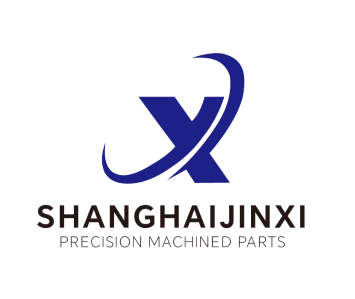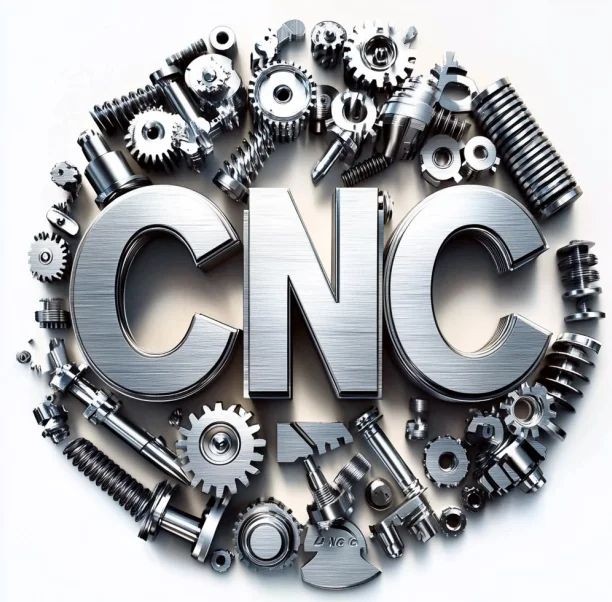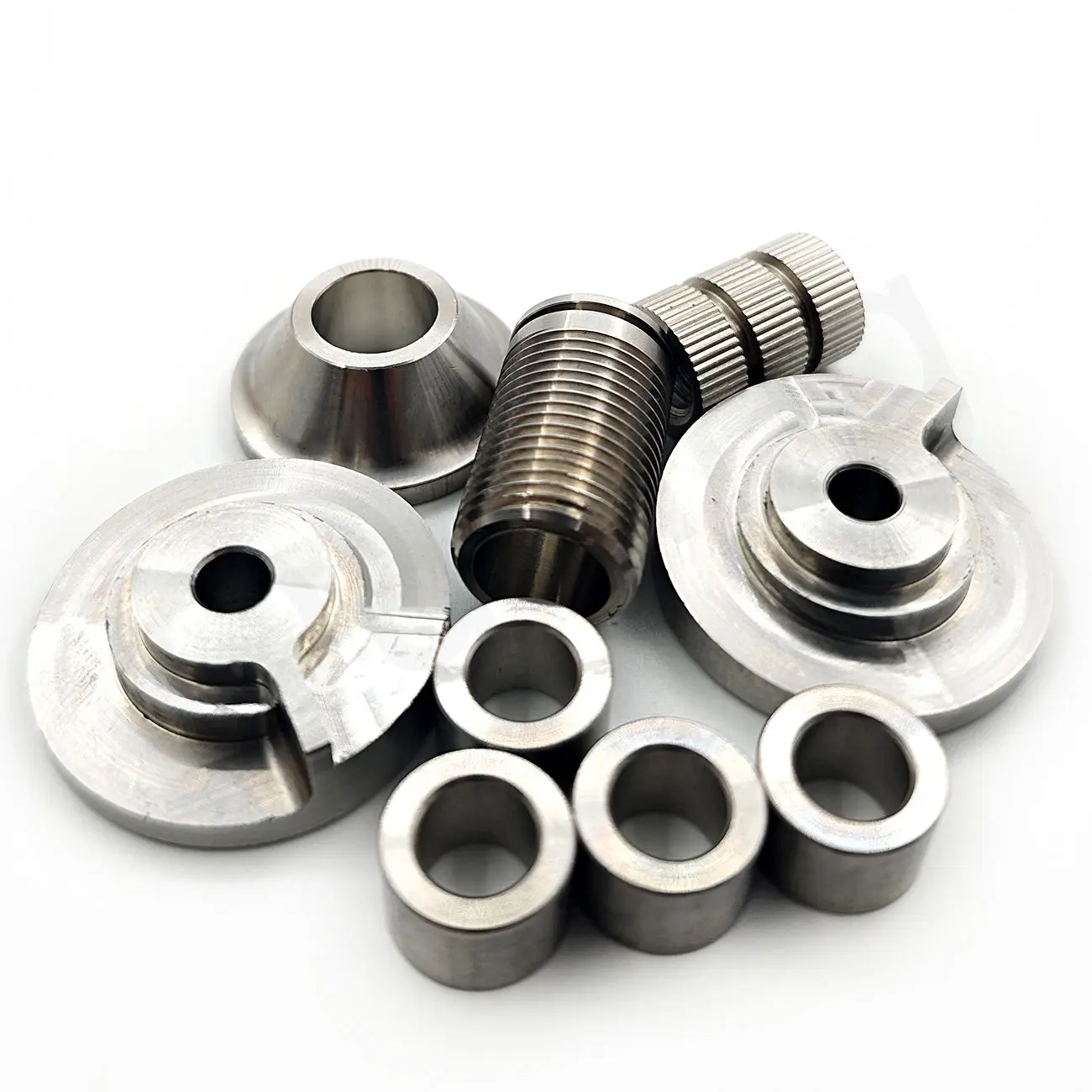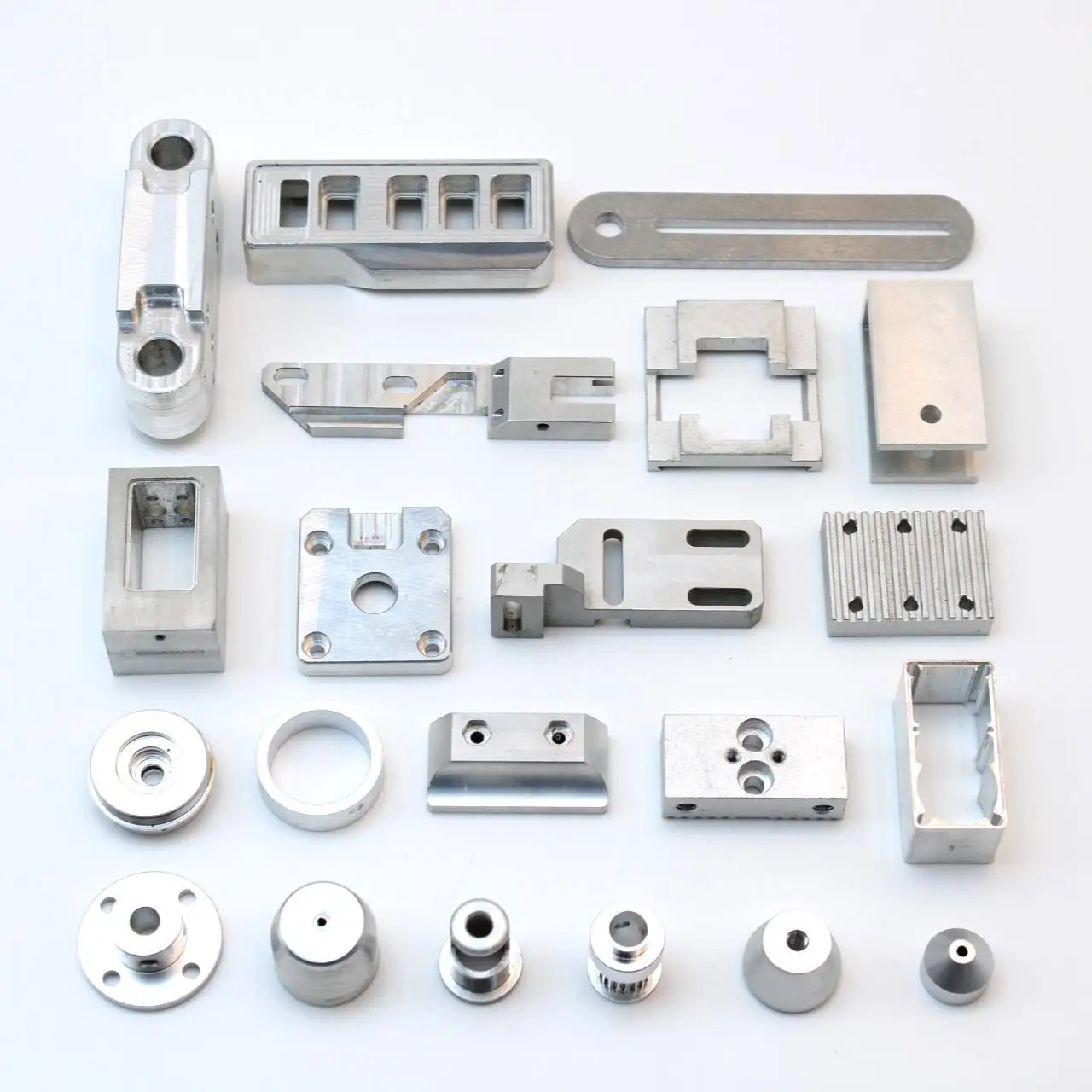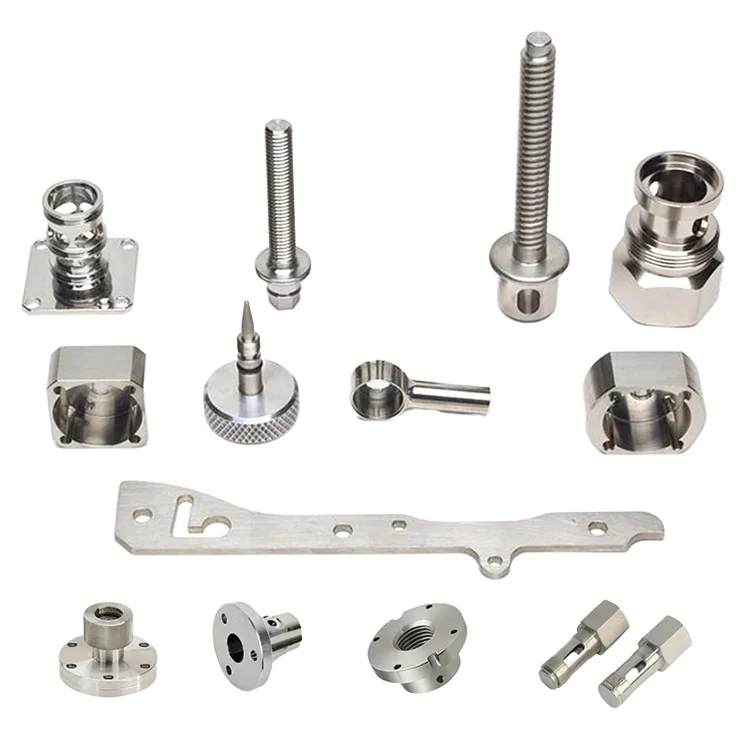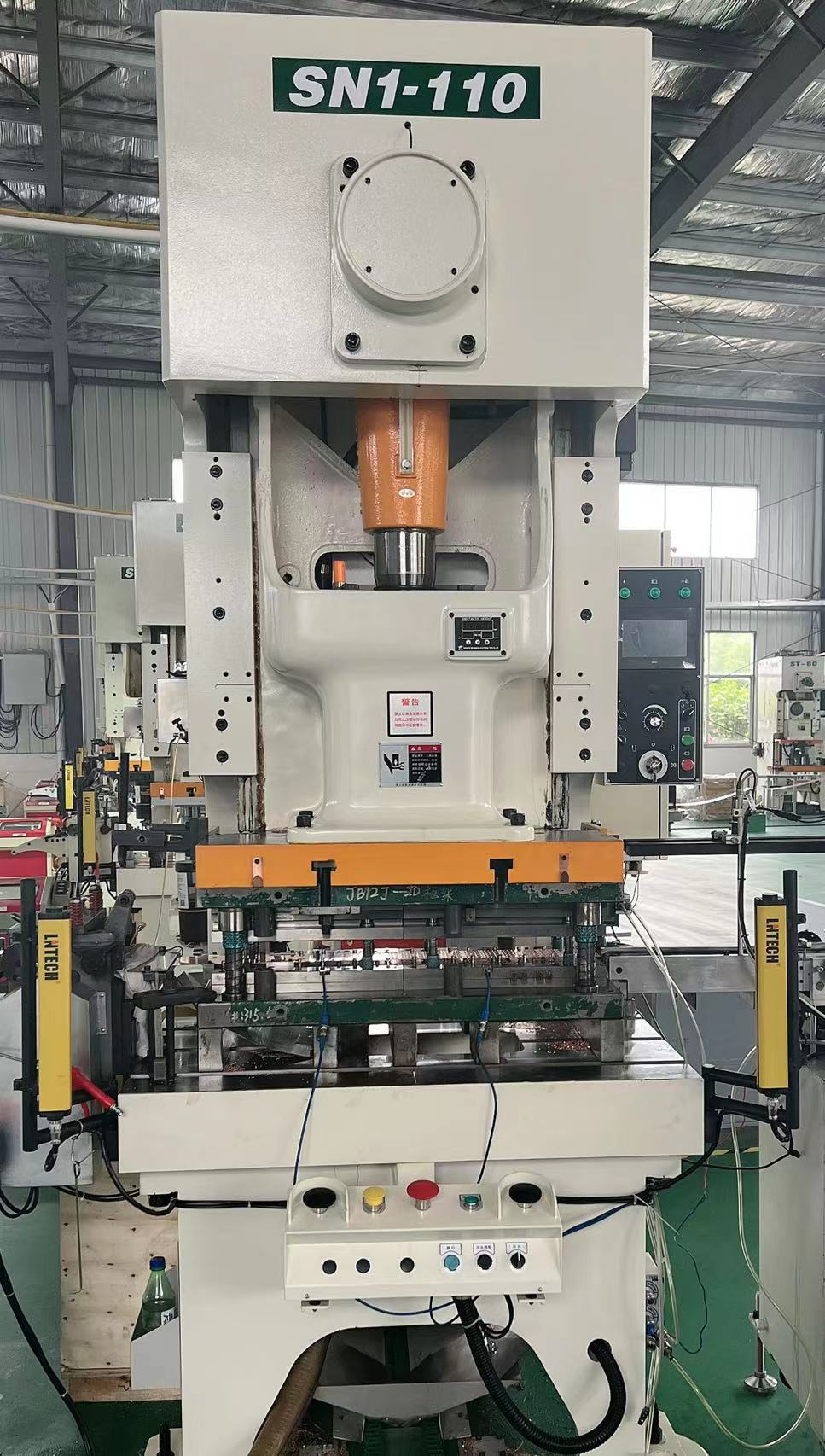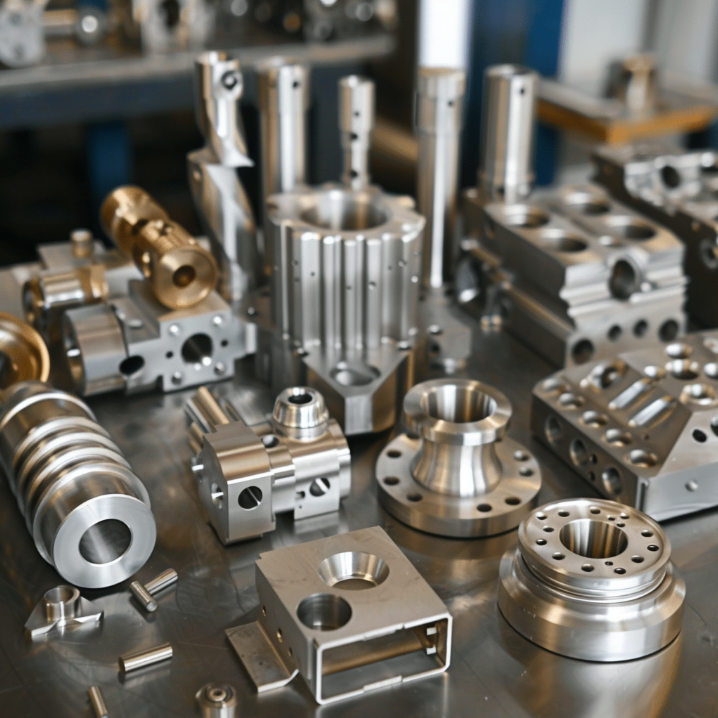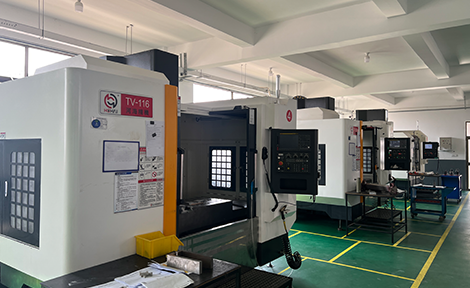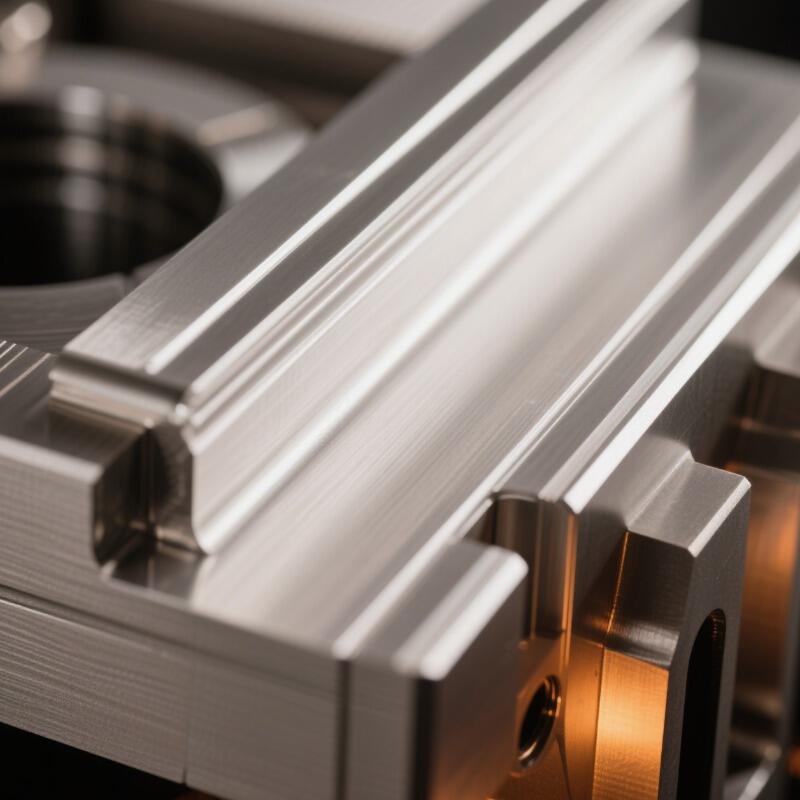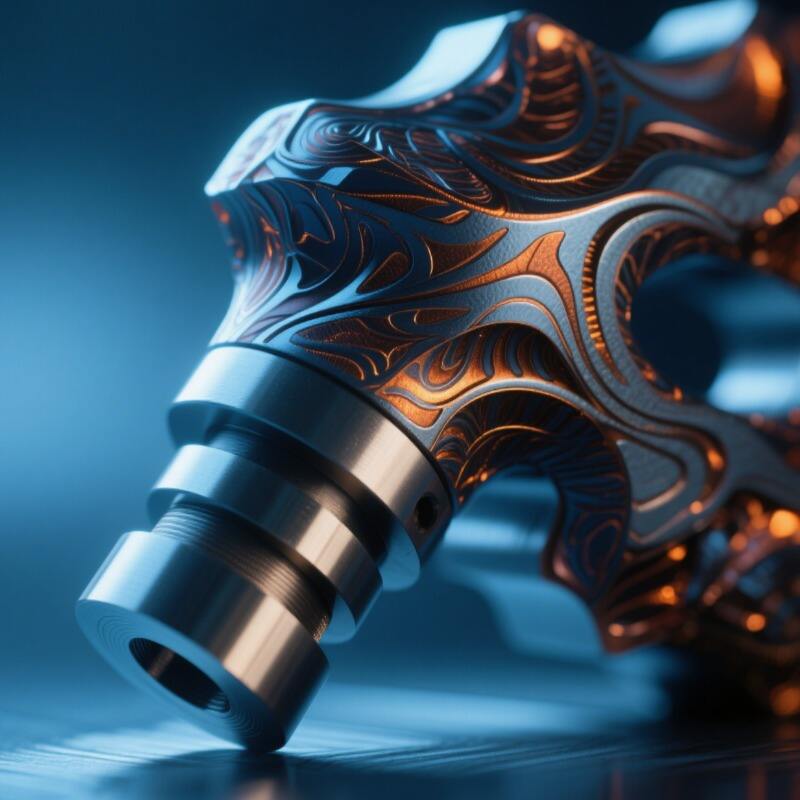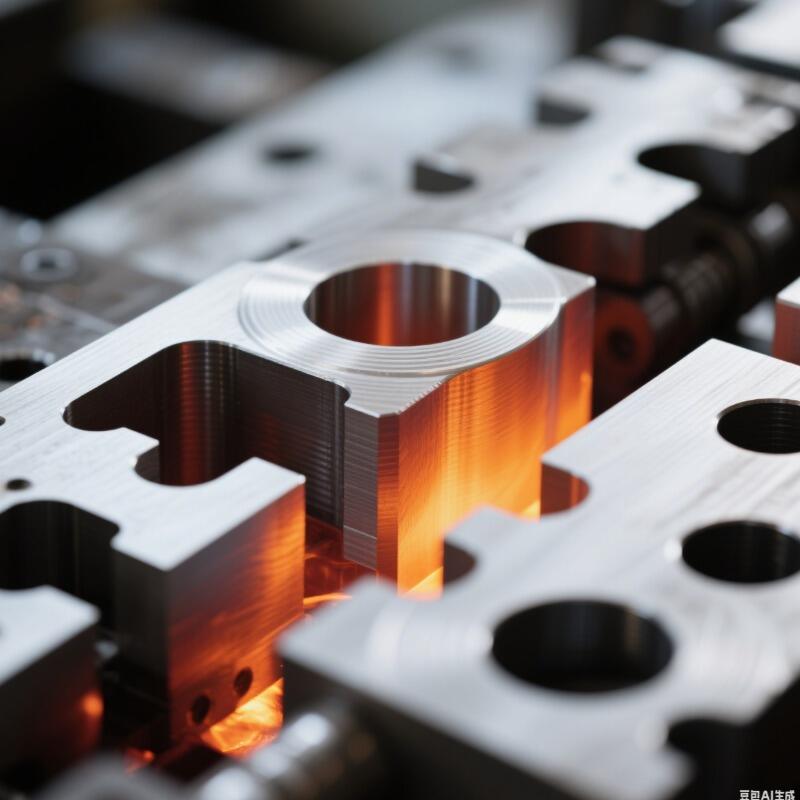mild steel heat treatment
Mild steel heat treatment represents a fundamental metallurgical process that transforms the mechanical properties and structural characteristics of low-carbon steel through controlled heating and cooling cycles. This sophisticated thermal processing technique involves subjecting mild steel components to specific temperature ranges, typically between 723°C to 950°C, followed by predetermined cooling methods to achieve desired material properties. The mild steel heat treatment process encompasses various methods including annealing, normalizing, hardening, and tempering, each designed to address specific engineering requirements and performance objectives. During annealing operations, mild steel undergoes stress relief and grain refinement, resulting in improved ductility and machinability. The normalizing process refines the grain structure while maintaining balanced strength and toughness characteristics. Hardening procedures increase surface hardness and wear resistance, while tempering reduces brittleness and enhances impact resistance. The technological features of mild steel heat treatment include precise temperature control systems, uniform heating chambers, and controlled atmosphere environments that prevent oxidation and decarburization. Modern heat treatment facilities utilize advanced furnace designs with programmable logic controllers, ensuring consistent thermal profiles and repeatable results. The process incorporates sophisticated monitoring equipment including thermocouples, pyrometers, and data logging systems that maintain optimal processing conditions throughout the treatment cycle. Applications of mild steel heat treatment span diverse industries including automotive manufacturing, construction, machinery production, and tool fabrication. Automotive components such as gears, shafts, and structural elements benefit from enhanced durability and performance characteristics achieved through strategic heat treatment protocols. Construction applications utilize heat-treated mild steel for reinforcement bars, structural beams, and architectural elements requiring specific strength-to-weight ratios. Manufacturing industries employ treated mild steel components in conveyor systems, machine frames, and precision tooling where consistent mechanical properties ensure reliable operation and extended service life.
